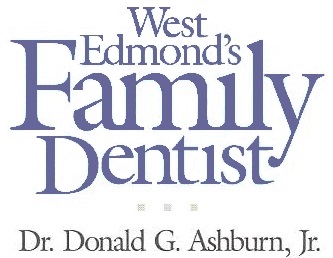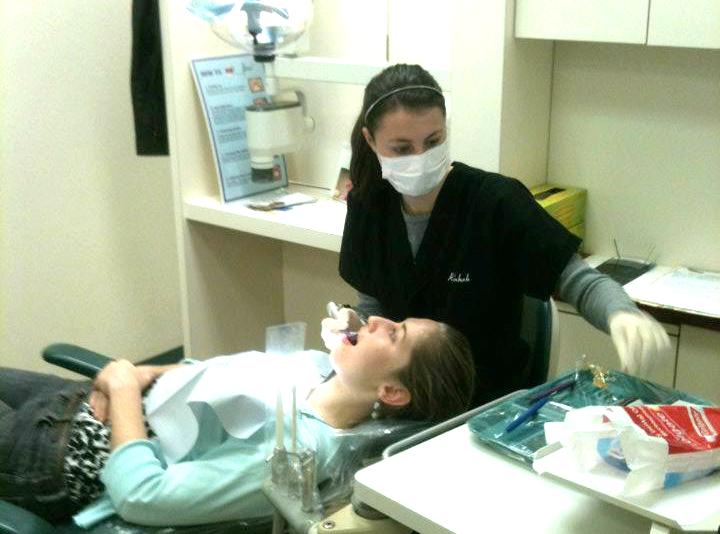
Post-Operative Care Instructions
|
• The mouth is an extremely sensitive part of the body, and requires extra care after any treatment. Whether you have had a simple tooth extraction or a complete cosmetic reconstruction, there are several important steps you can take to maximize the results of your procedure, prevent infection, and ease any discomfort you might experience. • If you have any additional questions about your procedure, or if you are experiencing abnormal bleeding, swelling, or unusual pain please do not hesitate to call our office at 405.348.7775 or, after hours, it is best to e-mail us at JustEmergency@yahoo.com. • Go to the closest hospital emergency room if your symptoms are severe or if you seem to be having an adverse reaction to prescribed medications. • The following post-op instructions are recommended for patients after any form of oral treatment, including: • Fillings / Restorations |

What to Expect After Your Treatment:
• Anesthesia often leaves the lips, teeth, tongue, and even the nasal area numb - avoid chewing and hot liquids until numbness wears off to help prevent accidental injury.
• Taking ibuprofen prior to the end of the anesthesia's effect can help to significantly reduce pain and swelling.
• Temperature and pressure sensitivity, as well as gum soreness, is to be expected in the days after your procedure. After 48 hours, one of the best ways to reduce discomfort and swelling is to gently rinse with warm salt water* at least 3 times each day.
• After many oral surgeries, the natural structure of the teeth and gums is altered, and it is quite normal for the brain to take a few days to adjust to your new bite. If you experience persistent discomfort, please contact us to schedule an adjustment.
*Salt Water Rinse: mix one tsp of salt with 8 oz. of lukewarm water – swish gently & spit – repeat until cup is empty.
Food and Oral Hygiene:
• Avoid eating sticky, chewy, or hard foods, as well as avoid alcohol and smoking, for at least 48-72 hours after the procedure.
• Drink lots of fluids and eat softer, more nutritious foods to help your body through the healing process.
• After a tooth extraction, it is crucial that a blood clot form in the area of removal and not be dislodged prematurely (this is one of the reasons why you will be instructed to keep pressure on the extraction site with fresh gauze) – do not smoke, suck on a straw, clean or brush directly on the extraction site, or rinse forcefully for at least 48 hours after the procedure.
• Antimicrobial mouth washes like Listerine® or Perioguard can help prevent infection, but should not be used for the first 72 hours after treatment and be limited to two consecutive weeks. Used too soon, these rinses can dissolve the blood clot.
• Maintaining proper and consistent oral hygiene is essential to helping your mouth heal, as well as preventing any future dental problems. Carefully brushing and flossing your teeth twice a day is a must.
Important Instructions and Considerations:
• Denture wearers must follow the care and cleaning instructions given by our office and in their denture kit – meticulous cleaning is necessary for preserving the dentures and general oral health.
• After 24 hours, if bleeding persists, put a moist tea bag on the extraction area and bite firmly for at least an hour.
• Take all prescribed medications completely and according to the instructions given - do not save medications for "later".
• Not taking medications as prescribed for you can lead to severe and unwanted consequences.
• If you have any serious problems or an adverse reaction to medications, please go to a local Emergency Room immediately.

